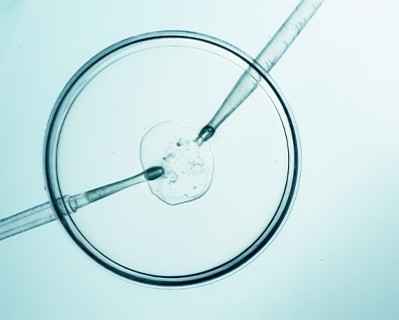Insemination and Fertilization
- Purpose: Fertilizes the eggs with sperm.
- Procedure: Sperm is either mixed with the eggs (conventional insemination) or injected directly into the egg (ICSI).
-
Note: The information provided here applies to standard Insemination and Fertilization procedures under typical conditions. However, specifics may vary based on individual factors, such as the patient’s overall health, fertility history, and any complications that might arise during or after the procedure. The complexity of the procedure and the patient’s unique circumstances will also impact the success and recovery process.
Inpatient/Outpatient
Insemination and fertilization procedures, including intrauterine insemination (IUI) and in vitro fertilization (IVF), are typically performed as outpatient procedures, allowing most patients to return home the same day after a short recovery period.Hospital Stay Duration
Patients undergoing insemination or fertilization generally do not require an overnight hospital stay. They are usually discharged shortly after the procedure, once they have recovered from any sedation or anesthesia.Type of Anesthesia
Insemination, such as IUI, typically does not require anesthesia, though mild sedation may be offered for patient comfort. Fertilization procedures, such as egg retrieval during IVF, are usually performed under light sedation or general anesthesia to ensure the patient’s comfort and minimize discomfort.Travel After Procedure
Patients are generally advised to avoid long-distance travel for at least 24 to 48 hours after fertilization procedures to allow for initial recovery and to monitor for any potential complications, such as cramping or discomfort.Pre-procedure Preparation
Preparation for insemination and fertilization involves following specific guidelines from the fertility specialist, such as administering fertility medications, tracking ovulation, and fasting before any procedures requiring sedation. Patients should also arrange for transportation home if sedation or anesthesia is used.Procedure Duration
The duration of insemination procedures like IUI is typically brief, lasting about 10 to 15 minutes. Fertilization procedures, such as egg retrieval during IVF, may take 20 to 30 minutes. The fertilization process in a lab may continue for several days as embryos develop before being transferred.Recovery Time
Recovery from insemination is usually immediate, allowing patients to resume normal activities the same day. Recovery from fertilization procedures like egg retrieval may take a day or two, with some mild cramping or discomfort. Patients are generally advised to avoid strenuous activities for a few days to ensure proper recovery.Estimated Cost
The cost of insemination and fertilization procedures can vary depending on the fertility clinic, the complexity of the treatment, and geographic location. Patients should consult their fertility specialist for detailed cost information, including any additional costs for medications, monitoring, and follow-up treatments.Post-procedure Care
Post-procedure care for insemination and fertilization includes following the fertility specialist’s instructions, managing any mild discomfort, and monitoring for signs of complications. Patients undergoing IVF may need to take hormone supplements to support early pregnancy. Follow-up appointments are essential to monitor progress and determine the success of the procedure. Any signs of complications, such as severe pain, excessive bloating, or unusual symptoms, should be reported to the healthcare provider immediately.

